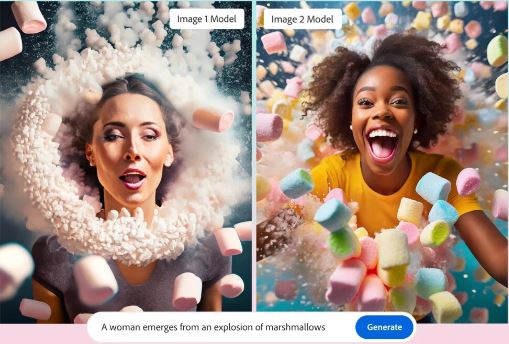An App to Facilitate Early Autism Diagnosis
An App to Facilitate Early Autism Diagnosis

An App to Facilitate Early Autism Diagnosis
An application designed by autism specialists could make it easier to diagnose autism in children before the age of 3, a crucial step in early intervention that is currently too rare. Nature Medicine published groundbreaking information on October 2, 2023, that will revolutionize the screening of autism in children under 3. This application, developed by autism experts, has the potential to detect these disorders at a very early stage. Géraldine Zamansky, a journalist at France 5's Health Magazine, explains the significance of this new tool in the field.
Franceinfo: Is this a genuine hope for progress in early intervention for affected babies?
Géraldine Zamansky: Absolutely. This application successfully identified autism in 49 out of 475 children aged between one and a half to three years old. Among them, nine had been "missed" by traditional evaluations. This highly effective new tool was developed by the team of Dr. Géraldine Dawson, a psychiatrist at Duke University. They created a set of tests that can be completed in just 10 minutes using a tablet or smartphone equipped with a camera.
Franceinfo: So, a camera records the babies' reactions?
Géraldine Zamansky: Exactly. Reactions are deciphered through head, eye, lip, and eyebrow movements. In total, 49 points are tracked precisely by the camera, in conjunction with software designed to "translate" the results. Sam Perochon, a member of the team who splits his time between the United States and France, and is affiliated with École normale supérieure Paris-Saclay, explained this to me.
The videos and games presented to the babies on the screen allow for testing typical autism behaviors. These behaviors can manifest in the first months as reduced attention to others, lack of response to their name, unique facial expressions, or distinctive emotional interactions, as well as slower movements.
Franceinfo: Could a baby who had a bad night's sleep be falsely diagnosed because they are just "sluggish"?
Géraldine Zamansky: Rest assured, the analysis performed avoids this kind of "trap." Of course, the time spent looking at the screen is a crucial element in the diagnosis. But it's not the only factor. Sam Perochon points out that the system is capable of distinguishing between "neurotypical" facial expressions and the unpredictable expressions of babies with autism. The same applies to responses to their name being called. All of this with a precision impossible to achieve with the naked eye.
As a result, the application even identifies areas of greater difficulty where additional assistance is needed. Because we now know that autism is a neurological developmental disorder. The earlier specific interventions start, the more effective they are on a developing brain, much like rehabilitation after a stroke. Let's hope that this application confirms these initial findings on a larger scale.
Franceinfo: Could French teams be involved in this development?
Géraldine Zamansky: Absolutely, as the Franco-American connection has already been established by Sam Perochon!
This innovative application holds significant promise for the early diagnosis and intervention of autism, potentially revolutionizing the way we approach this developmental disorder in young children.





